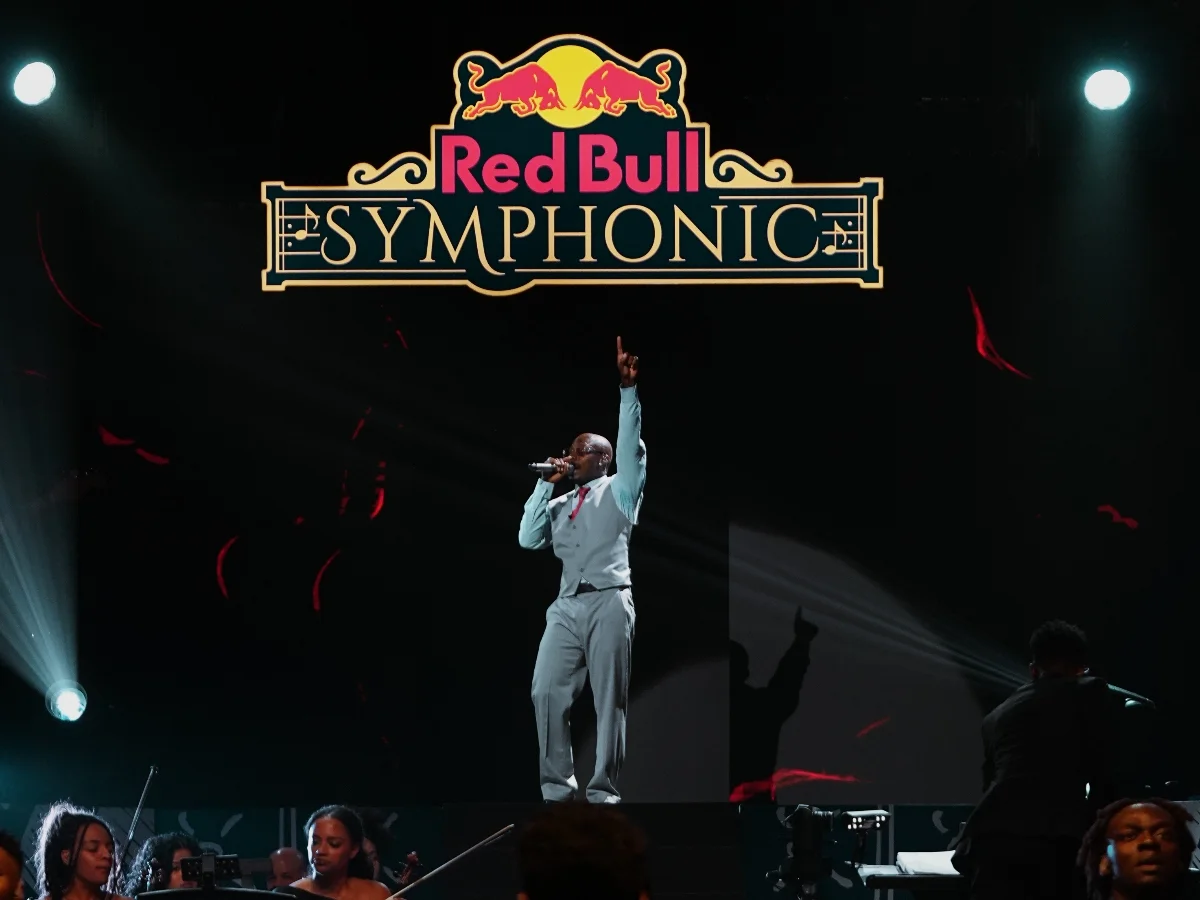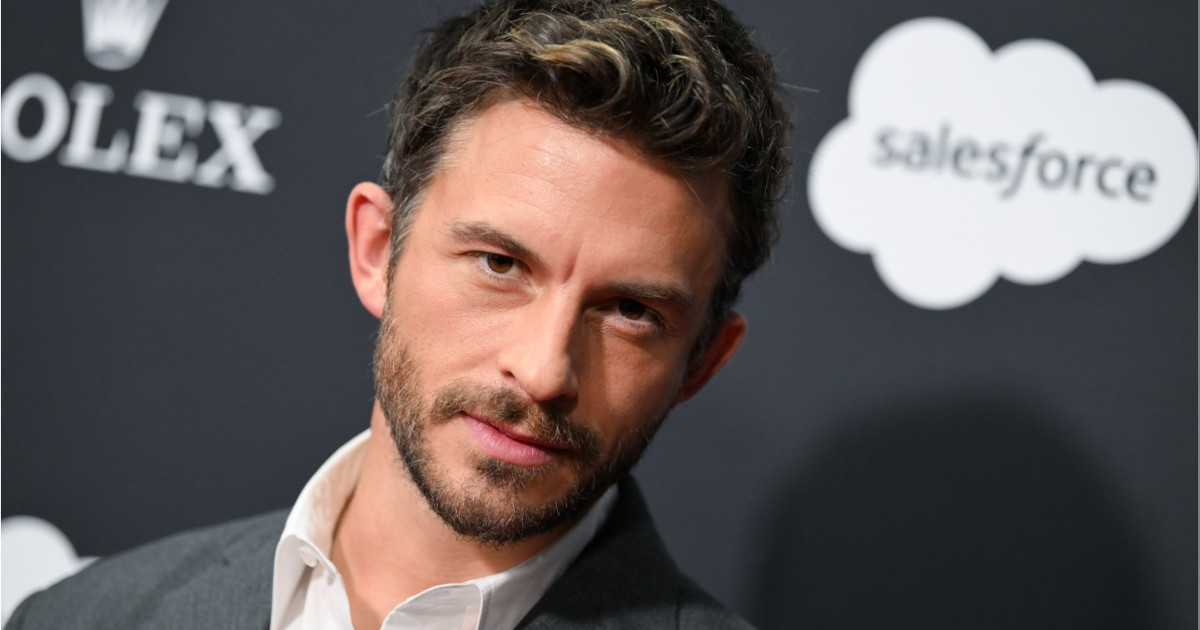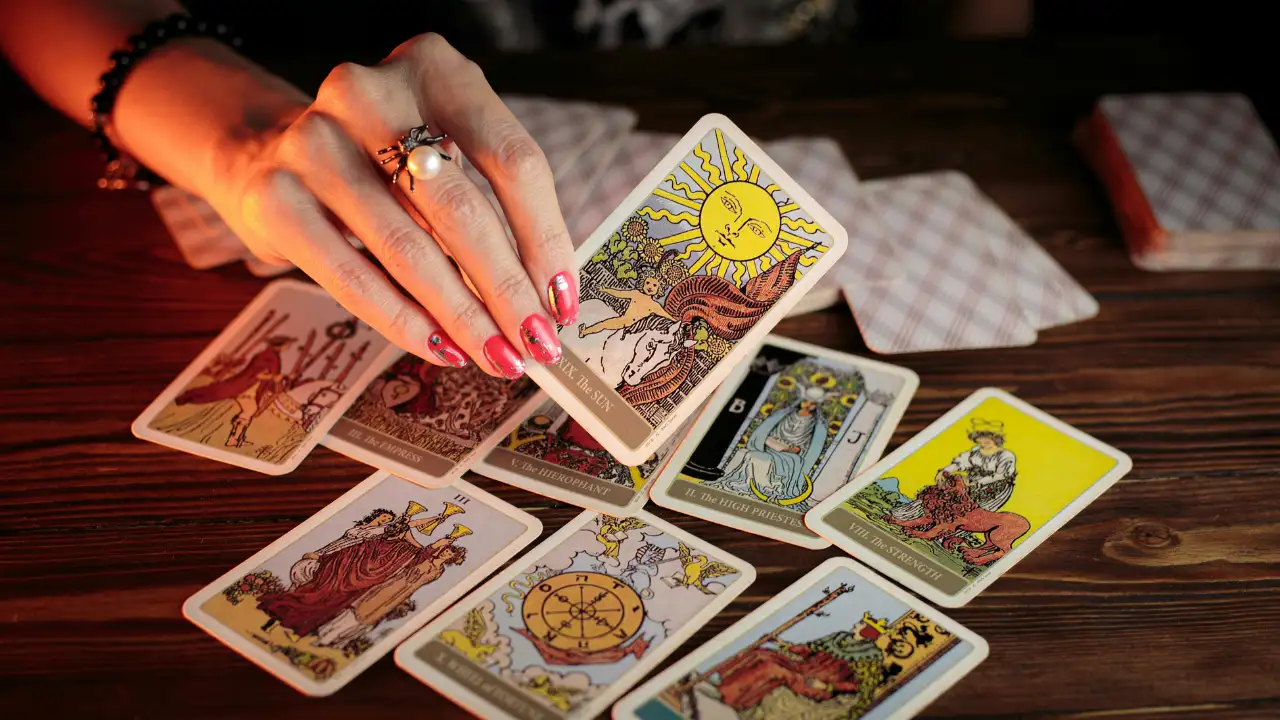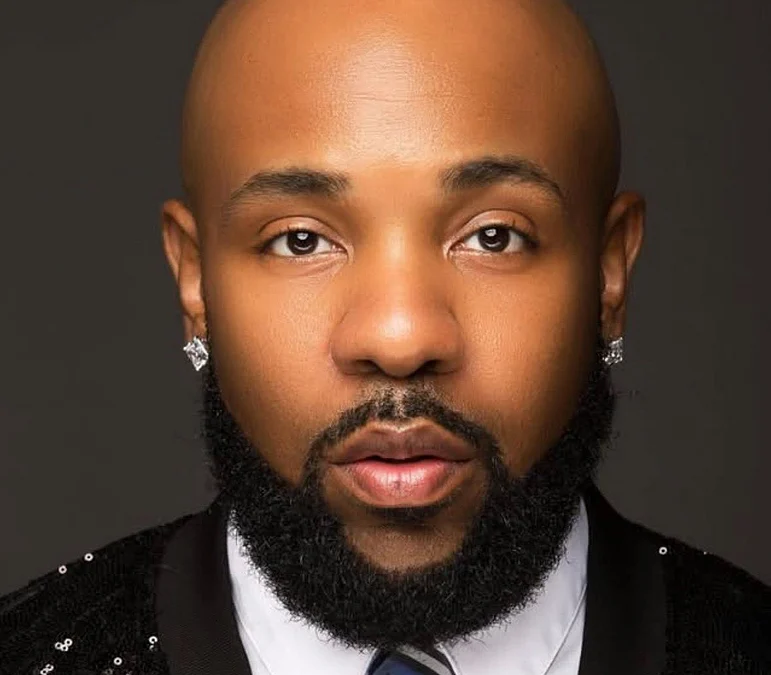Copyright Essence

Ahmed Ololade, better known as Asake, brought Afrobeats to new heights during his sold-out Red Bull Symphonic concert at Brooklyn’s Kings Theatre on November 8. The Nigerian superstar performed with a 33-piece orchestra led by conductor Glenn Alexander II, reimagining his biggest records through strings, horns and soulful arrangements that stretched the limits of his sound. Fans arrived in black-tie looks and were met with surprise appearances: Tiakola for “Badman Gangsta,” Fridayy on a choir-rich “Blessings (Remix),” Wizkid for “MMS,” Gunna with “Happiness” and Central Cee closing the guest set with “Wave.” Asake also debuted a new single, “Worship,” off his forthcoming album, Money. Even the audience was star-studded, with A$AP Ferg, Wale and Daniel Kaluuya spotted vibing in the crowd as the orchestra turned Brooklyn into Lagos for one unforgettable night. Asake, who studied theatre and dramatic arts at Obafemi Awolowo University in Osun State, first broke through with his 2020 hit “Mr. Money.” His 2022 debut album, Mr. Money With the Vibe, set a record for the biggest opening day for an African album on Apple Music and debuted at No. 66 on the Billboard 200—the highest-charting Nigerian debut at the time. Since then, he’s earned two Grammy nominations, sold out London’s O2 Arena twice, and become the first African artist to sell out Brooklyn’s Barclays Center. Ahead of his historic performance, the 30-year-old caught up with ESSENCE to reflect on everything from his upcoming album to what it means to lead a Red Bull Symphonic production as the first African artist in its U.S. edition. He spoke about perfectionism in his creative process, evolving through different eras of style and sound, and the legacy he hopes to build as an artist, label owner and inspiration for the next generation. ESSENCE: You’re the first African artist to headline a Red Bull Symphonic show in the U.S. What does that moment mean to you personally, and how did it feel when you first got the call? Asake: At first, maybe because I’ve performed in so many shows, I didn’t really know how big it was until I went on YouTube and I started checking the stuff they’ve done. And that is when I started feeling like, “Oh, this is actually a big thing.” I think for me… any opportunity that comes to me… I just thank God for the fact that it comes to me, you know? That’s how I feel. You’ve always had classical elements woven into your music—from live instrumentation to choral arrangements. Now that you’ve brought Afrobeats to a full orchestra at Red Bull Symphonic, how did you blend your signature sound—amapiano, fuji, Yoruba storytelling—with that setup? It’s actually very easy for me to do because my music has so much music in it. People just think I only make dance music but I don’t. I’ve always imagined myself having so many musicians on stage with me. I just know how it’s going to make people feel. I’ve always, like, imagined myself having so many musicians on stage while I’m performing. So, I’m just happy it came to life and I couldn’t wait to see how people resonate to that. You’ve once mentioned that you’ve been “listening to the instruments and how they breathe.” Can you walk me through what that creative process looks like in the studio or rehearsals? I think it’s more of staying grounded to the stuff that shapes me as a musician. So, it’s not like I don’t listen to other people’s songs, but I just don’t see myself sitting down in my house then going to go listen to other people, you know? So, I would rather just listen to beats just to get more inspired and get more deep in my own art. I think I do music the way almost everybody in the whole world does music. Just that we all have different missions in life. To be honest, I’m very hard on myself when it comes to creating music. I don’t think it’s over until I drop it. So even after the rollout starts, you’re still going back and making changes? That’s the perfectionist in you. Exactly. I’m still going back, and I probably listen to my music more than my fans. I listen to my music a lot. I listen to it even when everyone is saying, “This is so good. This is incredible.” I still go back and listen to it. I’m still looking for something. I’m always looking for something in it, you know? Just to make sure it sounds exactly how it’s supposed to. Because I feel like with music, once you drop it, you can’t take it back. So, before you drop it, you just have to do all your best and leave the rest to God. Have you ever dropped something and later thought, “I should’ve done this differently”? Hell no. You’ve changed your look a lot. You cut off the dreads and braids, then this year went from blue hair to a clean fade, and now you’re bald. Is that part of your upcoming Money album era? I think it’s just me. It’s not like I’m trying to trick people or trying to make people think I’m very versatile when it comes to having so many looks. I’m just evolving and I’m growing, so this is where I am at the moment. ESSENCE: Speaking of Money, fans are eager for some updates. What can you tell us about the project and how it reflects where you are in life right now? ASAKE: I think telling you about the project is like taking away from what I want you to feel. So, I’d rather just let you wait for the album to come, so you can listen to it, and then you tell me how you feel. Fair enough. You’ve always mixed your native language Yoruba, pidgin, and English in your songs. How intentional is that balance when you’re writing or recording? So it’s not like I can’t communicate in English with people. I think I can actually talk to the whole world in English or probably sing to the whole world in English for everyone to understand it. But, because my music is based on my own story and my own journey and the stuff that shapes me… I think I’m more comfortable to say it in Yoruba because it has the depth of how I want it to be said. So, I just feel more comfortable with using my mother language. You’re a global artist now—people all over the world, even those who don’t understand the language, literally vibe to your music as if they know what you’re saying. It’s incredible to see. How does that make you feel? It feels so good. I won’t lie. I’m blessed. I always say to my friends every day that I don’t even know how these people do it. I feel blessed. I feel like out of so many people in the whole world, God chose me to actually live this path. I feel so blessed. You came into music from a background in dance and theatre while in secondary school in Nigeria. How do those early experiences show up in your performances or songwriting today? You know how you can’t build a house without a foundation? That’s what dance and theatre are for me—my foundation. Back then, I thought I was hurting myself because I would go to rehearsals more than everybody. I would stay in dance class longer than everybody. I tried to be the best in acting class. But looking back now, I see that everything I learned then is what’s holding me down today. It’s a blessing, I won’t lie. When did you first realize you wanted to do music? I’ve always had it in me. I always knew the difference between good music and music that is not good. It was always inside of me. It’s just that I picked dance first because it had more people and I wouldn’t just be by myself. Then after that, I fell in love with having so much money. Dance couldn’t give me the money I wanted. I said to myself, “Let me actually go deep and look for something else to do.” I later realized that I actually have music talents. Then I got into it. I think that was 2010. That was like years back, like 2010. So 2010 was when you fully picked music? Yes. You’ve described Money as being about “wealth in all forms.” What does that kind of wealth look like to you beyond fame and success? How can I put it? I think to me, from my own perspective, it just makes everything easier to do, you know? And to be honest, you can’t take the fact that it’s the most valuable thing in the whole world. I’ve loved money all my life. You know, the more you grow, the more you see the reason to need more money? Don’t you like money? Be honest. I do! Exactly. That explains your nickname, “Mr. Money.” No, my nickname actually comes from my real name. It’s like saying “Ololade, also known as Mr. Money.” In Yoruba land, when people call you Ololade, they hype you up and say, “Ololade Mr. Money.” There’s even a popular movie called Ololade Mr. Money. I was very young when I watched it—maybe around two years old. Between the creation of your record label, Giran Republic, this symphonic show, and a new album, what impact do you hope to leave on Afrobeats and the next generation coming up behind you? I want to be an inspiration for so many ghetto artists. To get where I am is so hard for them. To become successful is very, very hard. I still remember how I used to think when I was in the ghetto. I used to think being in America, you have to do so much. I just knew that to actually sing with American artists, you have to be super, super talented, you know, forgetting that sometimes it’s just destiny and alignment. So, I think I just want to be that inspiration for people. Not for people who have made it in life or who already had so much opportunity when they were young, but for people that never believe they can actually be something in life. I want them to be able to see my image. Like for me, if I wake up any day or anywhere and I see images of Tupac, I’d just feel like, “Oh, for this guy to be great, I can be greater.” I don’t know if you feel me. If I look at Michael Jackson, I think the same way. For these guys to actually be who they were, I can be greater. Even with Fela Kuti. I see myself being part of the greats in years to come. I want people to look at my image and still have motivation to keep going. You mentioned “ghetto artists.” Can you clarify what that means—is it about a lifestyle or more about how an artist grows up? No, it’s not a lifestyle. It’s just people who come from places that don’t really have much and they have to fight themselves to have it. Like, there’s not much opportunity from where I came from. It’s not like we are not happy. We are happy there. We have our own little way of making ourselves happy. Just that, why are you happy when you are not actually comfortable? There are so many smart people where I come from but if you didn’t see how people do it, you might think you could never do it. And I’m trying to make people understand that you don’t have to take 40 years to become what you want to become. If you are determined that you’re going to become this in six months and you work towards it, you can be it. You can do it in six months. You can be anything in your life. Just put your mind to it and believe in it.



